I have coded this inside App startup
inside App.xaml.cs
public App()
{
AppDomain currentDomain = AppDomain.CurrentDomain;
currentDomain.UnhandledException += new UnhandledExceptionEventHandler(MyHandler);
DispatcherUnhandledException += App_DispatcherUnhandledException;
Application.Current.DispatcherUnhandledException += new DispatcherUnhandledExceptionEventHandler(Application_DispatcherUnhandledException);
TaskScheduler.UnobservedTaskException += new EventHandler<UnobservedTaskExceptionEventArgs>(Application_DispatcherUnhandledException2);
this.Dispatcher.UnhandledException += Dispatcher_UnhandledException;
}
private void App_DispatcherUnhandledException(object sender, DispatcherUnhandledExceptionEventArgs e)
{
writeMessage(e.Exception);
}
private void Dispatcher_UnhandledException(object sender, DispatcherUnhandledExceptionEventArgs e)
{
writeMessage(e.Exception);
}
private static void writeMessage(Exception e)
{
string srMsg = e.InnerException?.Message;
if (srMsg != null)
{
srMsg += "\r\n\r\nStack\r\n" + e.InnerException?.StackTrace;
}
if (srMsg == null)
{
srMsg = e.Message + "\r\n\r\nStack\r\n" + e.StackTrace;
}
srMsg += "\r\n\r\n*********\r\n\r\n";
File.AppendAllText("global_errors.txt", srMsg);
}
private static void Application_DispatcherUnhandledException2(object o, UnobservedTaskExceptionEventArgs e)
{
writeMessage(e.Exception);
}
private static void Application_DispatcherUnhandledException(object sender, System.Windows.Threading.DispatcherUnhandledExceptionEventArgs e)
{
writeMessage(e.Exception);
}
private static void MyHandler(object sender, UnhandledExceptionEventArgs args)
{
Exception e = (Exception)args.ExceptionObject;
writeMessage(e);
}
However, this is still not capturing task factory errors
For example
Nothing proposed in this thread works WPF global exception handler



